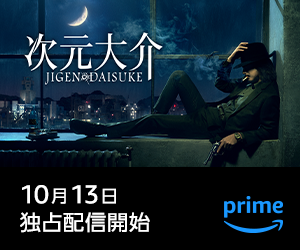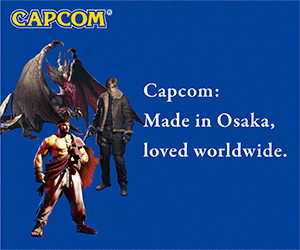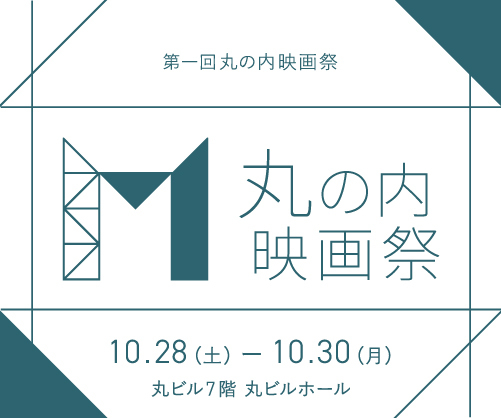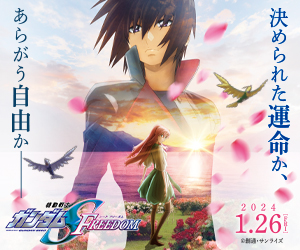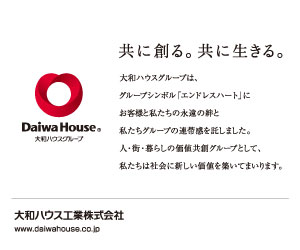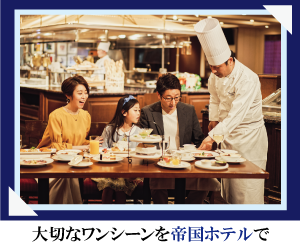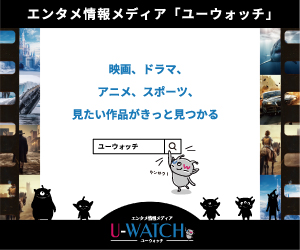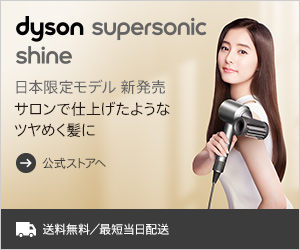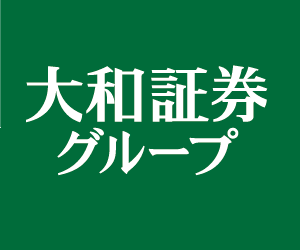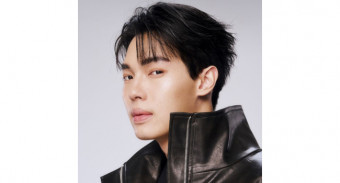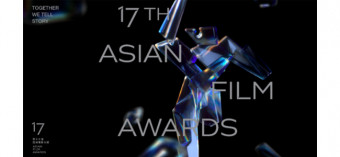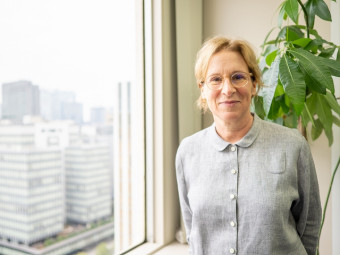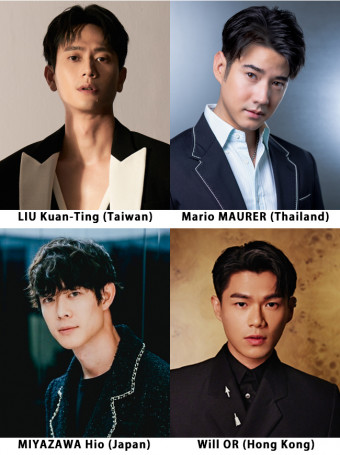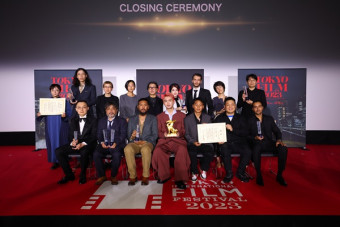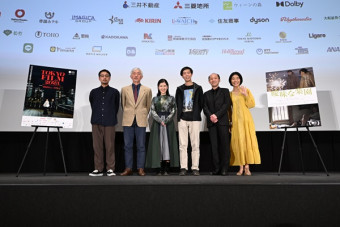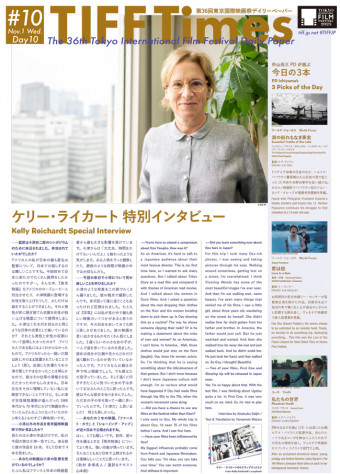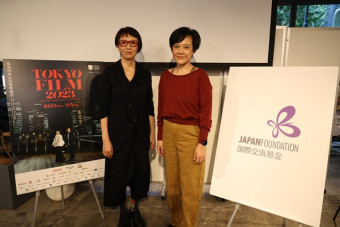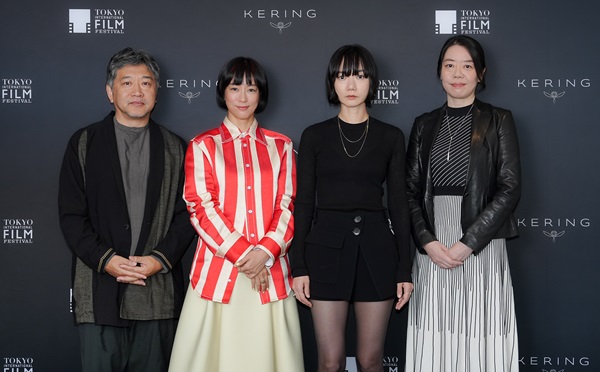
In the third Women In Motion event hosted by global luxury group Kering as an official program of Tokyo International Film Festival, a trio of busy, in-demand women at the forefront of the film industry in Japan and South Korea—Korean actor Bae Doona, Japanese actor Mizukawa Asami and Japanese producer Washio Kayo—gathered on October 27 to discuss current conditions and potential future improvements in the industry and beyond.
Women In Motion, an official program of the Cannes Film Festival that was launched in 2015 to spotlight the challenges and contributions of women in cinema, has brought together a range of talented international female creators in sessions at leading festivals around the world, helping to foster greater recognition and change in the industry.
Acclaimed director Kore-eda Hirokazu was on hand to make opening remarks. He began, “For these past three years, I’ve been on the committee that organized the TIFF Lounge talk sessions at the festival. And although this isn’t exactly related, we were also able to begin offering these sessions with Kering to discuss women in the industry and problems that need to overcome.
“I’ve also been involved in action4cinema since last June, a Japan-wide initiative to better the workplace in the film industry. There, we’ve discussed such issues as how women can continue their careers after marrying and having children and created this handbook aimed at preventing harassment in the workplace. I hope we can take one step at a time to improve the workplace in the Japanese film industry.”
Film journalist Tatsuta Atsuko once again moderated the session, asking the panelists about their own experiences and insights into how the industry could and should change. The session grew increasingly bold and candid as the veterans shared their stories and opinions.
Noting that Doona’s mother was a top stage actress, Tatsuta asked about her own motivation for becoming an actress herself. “Rather than being influenced by my mother,” admitted Doona, I was catapulted by chance into my career in 1999, when I was cast in my debut film. I became quite addicted to the challenges of taking on different roles. I’ve enjoyed a lengthy career by now, and my motivation to continue is, rather than passion, more that nearly everything in my life connects to acting.”
Since then, of course, Doona has famously appeared in two films directed by Kore-eda Hirokazu, Air Doll and Broker, and she thanked him personally for inviting her to appear on the panel.
Prodded about what she thinks is behind the world’s current fascination with Korean content, Doona said, “I’ve asked Korean friends living abroad about this, and I have friends in the West who love K-pop and K-dramas. They told me they love the range of emotions in Korean films. I think this is true for any country’s films. But I personally think it’s the humanity, the passion of the people who create the films, who put everything into it, that audiences are responding to.
Noting that she had worked in many films overseas, Tatsuta asked about her experiences in Japan. “My first film in Japan was Yamashita Nobuhiro’s Linda, Linda, Linda 20 years ago. I felt some refreshing differences from Korean productions, like the shooting time. It was very short. With Korean productions, we usually started after lunch. But here, we were called in at 9am. I was surprised at the speed with which Japanese films were shot. We finished the shoot in 28 days, which was inconceivable for a Korean film, which usually takes about 4 months.
“The mood on set is very similar, but the culture is very different. I was surprised that we didn’t share meals on set. In Korea, we all eat together, whereas in Japan, we get bento boxes and eat separately. I was also surprised that there weren’t any monitors. In Korea, everyone on set, from actress to crew, watches big monitors. But at the time, only Mr. Yamashita was watching a tiny one. Everyone was quite surprised when I asked to watch it with him.”
As Mizukawa giggled appreciatively, Doona went on, “In the US, I had to wait 10 hours to get on set for a scene. In Japan, everything’s so punctual. In the US, we have to arrive at 8am and then just wait until they’re ready for us. Korea is kind of in-between the two.”
Washio, who is the head of US operations and chief producer for international co-productions, acquisitions and distribution for WOWOW, Japan’s leading premium pay TV broadcaster, discussed union rules, which restrict hours on set. “If you go over the 10-hour line,” she said, “everyone gets very nervous because you have to pay overtime. The system’s very progressive. I’ve also worked in Korea on a TV show in 2008 or 2009, and I felt it was a harsher environment. I heard things have improved since then, but how do you feel about that, Ms. Doona?”
Doona nodded in agreement, recalling, “The teleplays were only ready about 5 minutes before shooting in the early 2000s. But South Korea was able to bring in the great things we saw in US productions, and adapt that into our work. We’re able to change very quickly. We’re now limited to 52 hours a week for film and TV work, which has also affected Korean crews, not just actresses.”
But the three agreed that it wasn’t just film industry norms that could be different from country to country.
Mizukawa, a prominent TV and film actor (A Beloved Wife) is appearing in Beyond the Fog and went to the Busan International Film Festival (BIFF) earlier this month for the first time. She also made her own directorial debut, About a Man, in 2022. She said, “The theater was filled to capacity, and during the Q&A, I could really feel the audience’s passion. The questions were deep. The level of cinema literacy between Korean and Japan seems to be very different, and I think we need to think about this, too, going forward.”
Noted Tatsuta, “When Bong Joon Ho won his Academy Award for Parasite, he said that his growth had been due to the critical audiences for cinema in Korea.” Doona concurred. “Going to the cinema is part of our daily lives. We go with our families, with dates; we all love cinema and we’re very knowledgeable about it. BIFF tends to attract the most passionate audiences. And those of us working in the industry have to meet their expectations.”
Tatsuta asked whether the filmmaking environment had changed at all during Mizukawa’s 20-year career. She responded, “There’s been an increase in women behind the camera, even those positions requiring physical strength. But there’s still a lot of progress to be made. When women marry and have families, it’s still difficult striking the balance between work and family.
Recalled Doona, “My first film with a female director was in 2001 with Take Care of My Cat. At that time, there were so few female directors and female crew members. They seemed to be put through a lot that male crew members don’t have to go through. But because of the #MeToo movement, awareness has changed and there’s been less of a gender divide. Recently I worked with (female director) July Jung and I got the impression that things have really changed. In America, there doesn’t seem to be any prejudice toward minorities, the sets there are equal and open.”
Tatsuta asked the panelists for their views of the #MeToo movement. Washio explained, “I was in the US when it began and (one of the major issues was how) many times white males were being hired for positions over women and people of color. I felt that it should all be based on talent, but what was revelatory for me was when I heard that women and minorities weren’t even at the starting line. Drastic change has now happened in the American film industry. There’s so much Japan can learn from this, and from South Korea, because the Japanese are just so afraid of change.”
Doona recalled, “I’ve always been the type of person who, when I see injustice like that, feels that we should raise our voices. I think we’re in a phase of change, with #MeToo as the impetus. We’re now able to raise our voices, it’s sparked discussion about discrimination with regard to gender or race. We must right the wrongs. For someone to use their power to the extent that someone else’s life or livelihood is at risk is wrong.”
Admitting that she didn’t recognize what was happening when the movement first started, Mizukawa said, “The Japanese tendency to avoid change, even if we personally want to change, makes it very difficult. We may seem to be in the midst of change, but that’s not exactly what’s happening on set. We need more people who are interested in trying to change the environment.’
Washio was asked, as a female producer, what changes she’s observed. She responded, “Japan ranks as one of the lowest countries in gender parity, so it feels like heaven in the US. In my experience, about 30-40 percent of studio executives there are female, whereas it’s less than 5 percent in Japan. In the US, they’re pushing for 50-50 parity. In Japan, if we were to do this, it would [be impossible]. Actors and writers in Hollywood are also fighting for their rights via the strikes, it’s very aggressive. We don’t have that aggressiveness in Japan, for better or for worse. But it’s very hard to work as a female in Japan. There are so many fundamental changes that need to be made.”
“In the Japanese industry, I may seem assertive,” she admitted, “but I think my international counterparts are even more determined. They really believe in themselves. I’d like to continue being a bridge between Japan and Hollywood.”
Mentioning Next Sohee, her second collaboration with director July Jung, Doona was asked how she’d first worked with her. Said the actor, “I read the script for A Girl at My Door, her debut film, and that was the reason I decided to join the cast. It was a brilliant screenplay, I fell in love with it. I want to support anyone who’s that talented.”
“I think all the time about why there aren’t many Korean films with female protagonists. Maybe it’s because male-driven films do better at the box office. I just think that if you’re able to create a fascinating female character, audiences will come and we’ll gradually achieve parity.”
Tatsuta asked whether the women felt there was a solidary movement in the industry. “When we were young, we always had a glass ceiling in this male-dominated world,” said Doona. “We had to be pioneers to better the environment for those who came after us. There should be an equal playing field, where you’re judged on your ability and your merit. So a sense of solidarity is needed.”
Mizukawa concurred. “This talk event is a good example of trying to accomplish something by coming together. But I don’t see a movement like this in Japan. Yes, we have an increase in women in film crews, but I don’t really see women coming together like that.”
Asked what piece of advice they would give women hoping to work in the industry, Washio said, “I think you should go to an American film school if you’re in your 20s. If you want to stay in Japan, just beware that if you’re a nail that sticks out, you’ll be hammered back in. If you have the stamina for that environment, go for it. But opportunities only arrive once or twice and you have to be ready to grab them.”
Mizukawa said, “I used to do a lot of TV dramas but I wanted to expand my range, and I wound up parting with my agency in order to do so. I was quite a nuisance for a period. But I wanted to be more involved in films and I was fortunate to receive some major awards. It’s only common sense, but I advise women to be really clear about what you want to do, to pour your passion into it, to be prepared for whatever may come your way, to be determined and stay stubborn.”
Doona thanked the others, agreed with their insightful comments and said, “I’ve actually never heard that expression about nails, and it is quite shocking to hear. Yes, nails that stick out do get hammered down, and in Korea, the nails are stones. But if there are many of them together, it may become difficult to know where to hit. So I would say you just have to throw yourself and bump into things, and I would like to send courage to those who are trying to be the nails that stick out.”
TIFF Special Talk Sessions Hosted by Kering Japan Limited
Kering Women In Motion
Guests: Bae Doona (Actor), Mizukawa Asami (Actor), Washio Kayo (Producer)
Opening remarks: Kore-eda Hirokazu (Filmmaker)
Moderator: Tatsuta Atsuko (Film Journalist)












